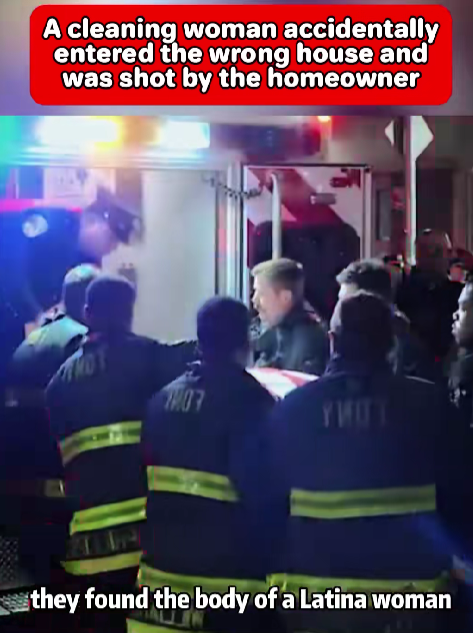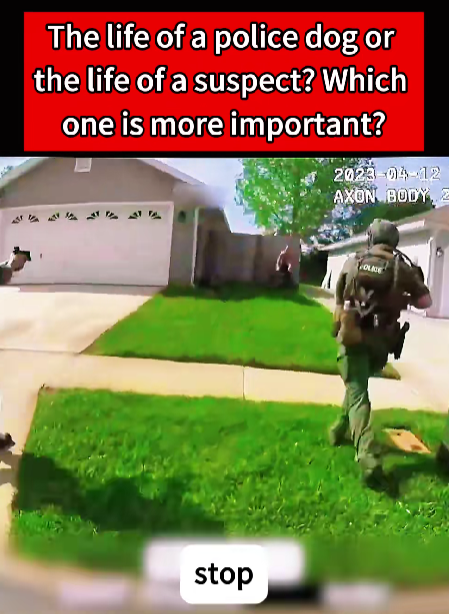The mysterious de*th of Ellen Greenberg has become one of the most baffling and controversial cases in modern Philadelphia history — and even more than a decade later, the official ruling continues to spark outrage and disbelief.
Ellen Greenberg, a 27-year-old schoolteacher, was found ded in her apartment in 2011 with 20 stab wounds to her neck, chest, and back. Despite the shocking number of injuries, the Philadelphia Medical Examiner’s Office ruled her deth a su*icide, a decision that immediately raised eyebrows among medical experts, detectives, and the public alike.
Ellen’s fiancé reportedly discovered her body after returning home one evening during a snowstorm. The apartment door was locked from the inside, and there were no signs of forced entry — facts investigators pointed to when concluding that no one else could have been involved. But as the details emerged, the situation grew murkier.
Among the 20 wounds were 10 to the back of her neck, an injury pattern forensic experts say is almost impossible for a person to inflict on themselves. Additionally, the knife was found lodged in her chest, and the scene showed signs of inconsistencies — such as a blood pattern that didn’t align with the official narrative.
Her parents, Joshua and Sandra Greenberg, have spent years fighting to have her case reopened, insisting their daughter was the victim of foul play. “Ellen didn’t do this,” her father said in a recent interview. “We just want the truth — and we won’t stop until we get it.”
The family’s persistence has gained widespread public support, as numerous independent forensic pathologists have reviewed the evidence and found major flaws in the original investigation. One expert noted that the angle and depth of several wounds strongly suggest an attacker was present. Others criticized law enforcement for allegedly failing to properly secure and document the crime scene.
Adding to the controversy, newly released documents and photos — brought forward by the family’s legal team — suggest inconsistencies between the crime scene analysis and the medical examiner’s conclusions. Critics argue that authorities may have been too quick to close the case to avoid public scrutiny.
The Greenbergs have since filed multiple lawsuits demanding a new ruling and further investigation. They’ve also gained national media attention, with the case being featured on podcasts, investigative documentaries, and social media movements calling for justice.
“This isn’t just about Ellen anymore,” said one family friend. “It’s about accountability — about making sure no family ever has to fight this hard just to have their loved one’s de*th treated seriously.”
Despite mounting pressure, officials have continued to uphold the original ruling, citing insufficient evidence to classify the case as a homicide. Still, public skepticism remains high.
For many, Ellen Greenberg’s story stands as a haunting reminder of how quickly truth can get lost in bureaucracy — and how determination, love, and persistence can keep a fight for justice alive, even when the odds seem impossible.











Leave a Reply